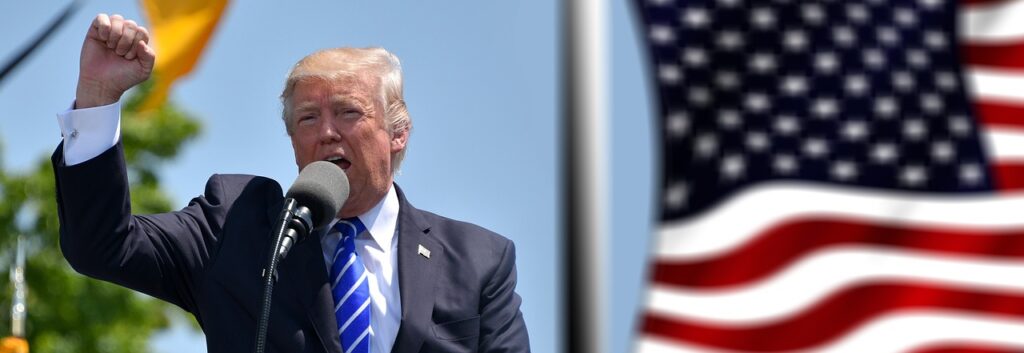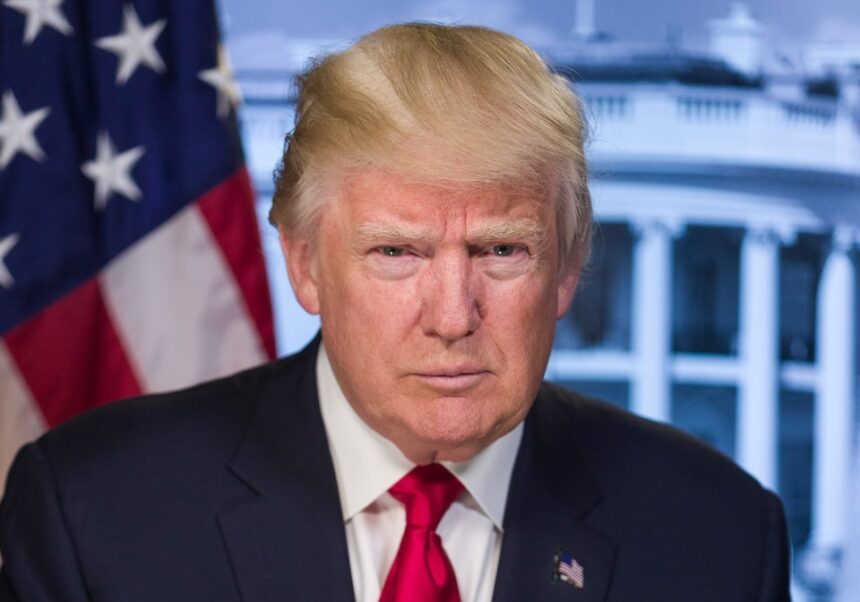The prosecution and defense offered starkly different narratives during their closing arguments in Donald Trump’s hush money trial. Prosecutors claimed they had a “mountain of evidence” showing Trump falsified business records to cover up an alleged affair at the end of the 2016 election. Meanwhile, Trump’s attorneys argued that the case hinged entirely on the unreliable testimony of Michael Cohen, whom they labeled the “MVP of liars.”
Credibility Battle Over Michael Cohen
Defense attorney Todd Blanche kicked off the closing arguments by attacking Cohen’s credibility, branding him the “Greatest Liar of All Time.” Blanche scrutinized Cohen’s account of a phone call on October 24, 2016, where Cohen claimed Trump authorized the payment to Stormy Daniels. Blanche countered with evidence suggesting Cohen was actually discussing a prank call from a teenager, arguing Cohen’s story was riddled with lies.
Prosecution’s Counterattack
Assistant District Attorney Joshua Steinglass defended Cohen’s testimony, stating Cohen was chosen by Trump to be his fixer because of his willingness to lie. Steinglass argued that Cohen’s testimony was supported by documents and other witnesses, such as former AMI chief David Pecker. Steinglass reenacted a hypothetical call to illustrate how Cohen could have discussed both the prank call and the Daniels payment in a short timeframe.

Documentary Evidence
Steinglass presented extensive documentary evidence, including call logs and financial records, to support Cohen’s account. He emphasized that Cohen, Trump, and Pecker conspired to cover up damaging stories during the 2016 election, highlighting a phone call where Trump authorized Cohen to act on his behalf.
Reasonable Doubt and Defense’s Strategy
Blanche’s strategy focused on raising reasonable doubt. He argued that the invoices for Cohen’s reimbursement were legitimate legal fees and that there was no evidence Trump intended to defraud or knew about the payments. Blanche also dismissed the claim that the payments were meant to influence the election, pointing out that Daniels’ story had been public since 2011.
Jury’s Role and Upcoming Deliberations
With closing arguments concluded, the jury is set to begin deliberations. Judge Juan Merchan will instruct the jury on the legal standards they must apply. The outcome of this trial holds significant implications for Trump’s legal future and the 2024 presidential election.
Key Takeaways from Day 21
- Defense’s Assault on Cohen: Blanche accused Cohen of perjury and claimed his testimony was the linchpin of the prosecution’s case.
- Prosecution’s Defense of Cohen: Steinglass argued Cohen’s testimony was corroborated by other evidence and witnesses.
- Documentary Evidence: Both sides presented extensive documents to support their claims.
- Reasonable Doubt: Blanche repeatedly emphasized the concept of reasonable doubt to the jury.
- Upcoming Deliberations: The jury will begin deliberations after receiving instructions from Judge Merchan.
The jury’s decision will hinge on which narrative they find more credible: the defense’s portrayal of Cohen as an inveterate liar or the prosecution’s argument that ample evidence supports Cohen’s claims. This trial is a pivotal moment not only for Trump but also for the upcoming presidential election.


